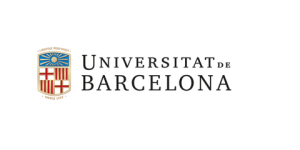Climate Ethics and Climate Economics: ‘Efficiency Without Sacrifice’: A Novel Way to Fund Mitigation?
The second of six ESRC-funded workshops exploring issues where the ethics and economics of climate change intersect will be held at the University of Nottingham on 13-14 April 2016. The keynote speakers will be John Broome and Armon Rezai.
The spotlight in the workshop will be on recent proposals to shift the burden of mitigating climate change to future generations. The idea is to mobilize resources today for mitigation investments in a manner that does not involve any or only modest net costs today. This might be done by taking on public debt in some form or through diverting investments from some sectors towards mitigation and increasing consumption of resources we would otherwise pass down to future generations. What John Broome has called ‘efficiency without sacrifice’ might break the political logjam and encourage the present generation to take action, while still leaving future generations better off than they would be in the absence of climate mitigation. The idea is attracting increasing attention from both economists and political theorists, but is still new and in need of discussion. Is it even possible to shift the burden in this way, and if so, would it be justified?
Preference will be given to proposals on the workshop theme, but we will also consider other proposals at the intersection of climate ethics and climate economics. We have space for up to seven additional presentations, and an equal number of discussants. Funds are available to cover accommodation and internal travel expenses for three research students and early-career researchers. Papers will be circulated before the workshop.
Those wishing to present a paper should submit a 500-word abstract by 1 March to both Aaron Maltais and Matthew Rendall. Anyone interested in serving as a discussant should send the organizers an expression of interest by the same date. Applications simply to sit in on the workshop are also welcome. If applying for funding, please indicate that you are a
If applying for funding, please indicate that you are a student or the year that you received the PhD.


